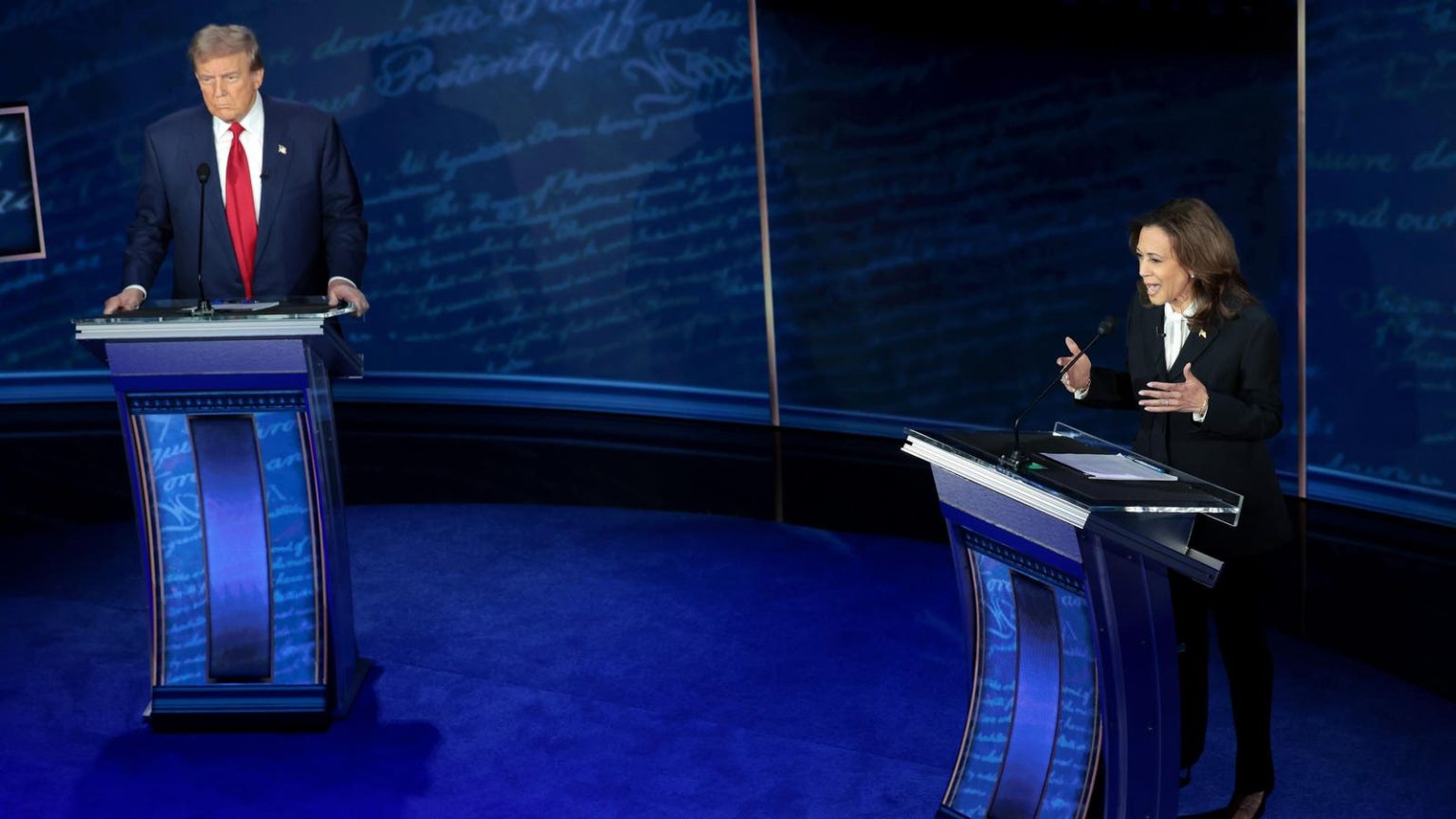Former President Donald Trump and Vice President Kamala Harris recently engaged in a debate that was largely characterized by personal attacks rather than substantial discussions on critical issues. Despite the fact that recent polling indicates that the economy is the biggest concern among voters, small businesses, which are a major driver of the American economy, received minimal attention during the debate. With small businesses employing nearly half of the American workforce and representing a significant portion of the nation’s GDP, it is essential that the next administration focuses on policies to ensure their continued success.
Inflation poses a significant challenge to small businesses, as rising costs have become a permanent fixture that threatens their profitability and long-term viability. The next administration must have concrete plans for addressing inflation by reducing the Federal deficit and promoting economic growth through private-sector expansion. During the debate, both Trump and Harris lacked specifics on how to fix the economy and combat inflation, failing to acknowledge the hardships faced by small business owners due to the pandemic-induced shortages, fuel costs, and wage increases.
Expanding access to capital for women-owned and minority-owned businesses was another issue that was not adequately addressed during the debate. Harris could have highlighted the growth of SBA loans and the administration’s focus on supporting marginalized entrepreneurs, while Trump could have emphasized the success of SBA lending under his tenure. Both candidates missed the opportunity to discuss the modernization and digitization of SBA loan processing, which could streamline funding for small businesses in the future.
Harris proposed a $50,000 tax deduction for startup activities, but critics argue that businesses need to turn a profit before benefiting from tax incentives. What small businesses truly need is resilience and longevity, which can be fostered through lower taxes and fewer regulations. The implementation of Harris’s tax incentive program remains unclear, raising questions about its efficacy and feasibility. A technology-led public-private partnership could help address these challenges and ensure better government support for small businesses.
Government responsiveness to small businesses has been lacking, as exemplified by delays in processing Employee Retention Tax Credits (ERTC) claims. Small businesses have been waiting for over a year to receive their outstanding claims, hindering their financial stability and growth. The next administration must prioritize fixing bureaucratic failures and ensuring prompt support for small businesses. While Trump’s administration saw positive outcomes for small businesses, it is essential for the next president to focus on spurring small business growth and combating inflation to secure a prosperous future for American entrepreneurs.


